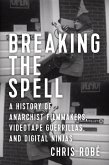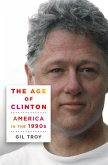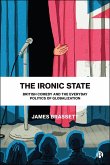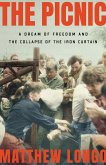The Radio Front examines just how the BBC reinvented itself and delivered its carefully controlled propaganda to listeners in the UK and throughout Nazi-occupied Europe. It also reveals the BBC's often-strained relationships with the government, military and public as the organisation sought to influence opinion and safeguard public morale without damaging its growing reputation for objectivity and veracity.
Using original source material, historian and author Ron Bateman tracks the BBC's growth during the Second World War from its unorganised and humble beginnings to the development of a huge overseas and European operation, and also evaluates the importance of iconic broadcasts from the likes of J.B. Priestley, Vera Lynn and Tommy Handley.
Dieser Download kann aus rechtlichen Gründen nur mit Rechnungsadresse in A, B, BG, CY, CZ, D, DK, EW, E, FIN, F, GR, H, IRL, I, LT, L, LR, M, NL, PL, P, R, S, SLO, SK ausgeliefert werden.









